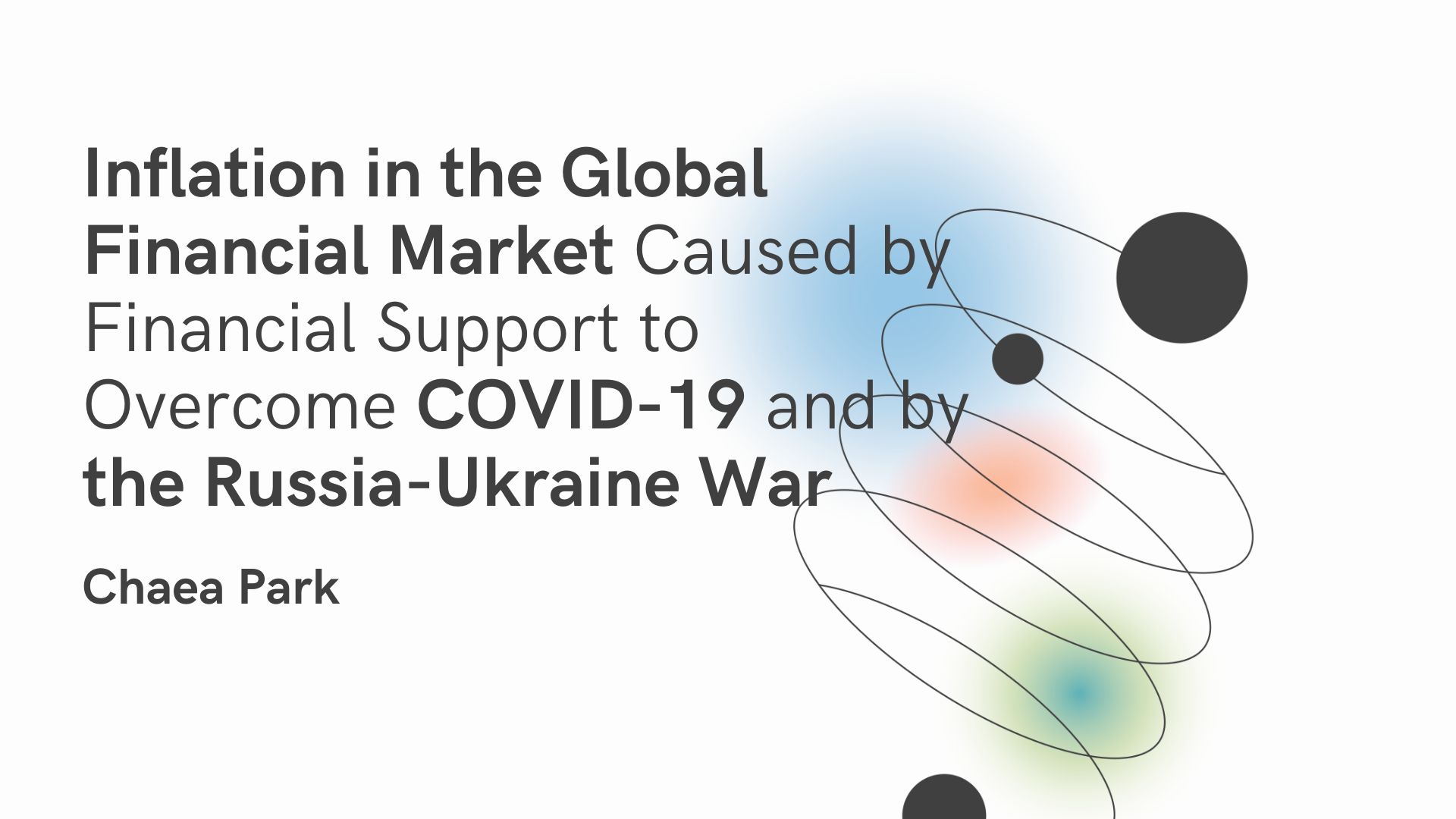The Federal Reserve System (FED) of the United States has announced that the Consumer Price Index (CPI) inflation rate in the United States is approximately 8%.
Some have pointed out that this rate of increase is the highest in 40 years. The Consumer Price Index is commonly used as an indicator to measure inflation.
Therefore, it can be seen that the United States is currently experiencing significant inflation.
Similarly, South Korea’s Consumer Price Index has also shown a significant increase recently. South Korea has recorded an inflation rate of about 5%, and consumers’ expected inflation is also rising.
The decrease in domestic consumption leads to an economic slowdown, which in turn promotes instability in the domestic market and financial crises.
The key point is that this rise in inflation is occurring not only in South Korea and the United States but also globally. There are two main reasons for this inflation.
The first reason for accelerating inflation is the Russia-Ukraine war. The war has destabilized international trade and the smooth movement of goods.
Specifically, Ukraine influences international food prices. Since it cannot produce grains such as corn using its fertile land, this has led to an increase in grain prices in the global market.
Additionally, Russia has a direct and indirect impact on the prices of resources needed for international industries. Examples include the rising prices of nickel, which is used in batteries, and semiconductors needed for electronics production.
This situation negatively affects countries like South Korea, which rely heavily on exports and imports for their economy.
The second factor worsening inflation is the fiscal spending by various governments to respond to COVID-19. For example, during the peak of the pandemic, the U.S. government provided substantial subsidies to its citizens.
This temporarily stimulated the national economy. However, the repeated provision of subsidies has long-term negative effects on the national economy.
The circulation of a large amount of currency has continuously driven up prices. South Korea has experienced a similar situation to that of the United States.
The South Korean government planned an enormous budget to overcome COVID-19 and circulated a significant amount of money in the market.
While this temporarily contributed to market growth, it is now acting as a cause for accelerating inflation.
Thus, the expenditures by various governments to address the Russia-Ukraine war and the COVID-19 pandemic have contributed to the occurrence of inflation in the global financial market.
Since these issues faced by the international community are not easily resolved in the short term, there are projections that inflation will persist or accelerate for a long time.
Above all, experts emphasize the need to avoid stagflation, which prolongs severe economic recession while prices continue to rise.
Stagflation refers to a situation where economic growth deteriorates while inflation occurs simultaneously.
To prevent the current inflation experienced by the international community and the occurrence of future stagflation, it is considered necessary for governments and local authorities to devise appropriate measures to address the pervasive inflation in the market.

